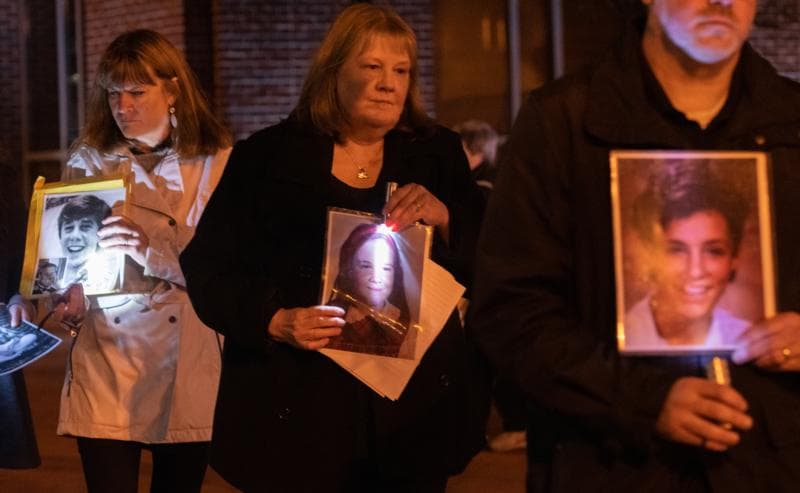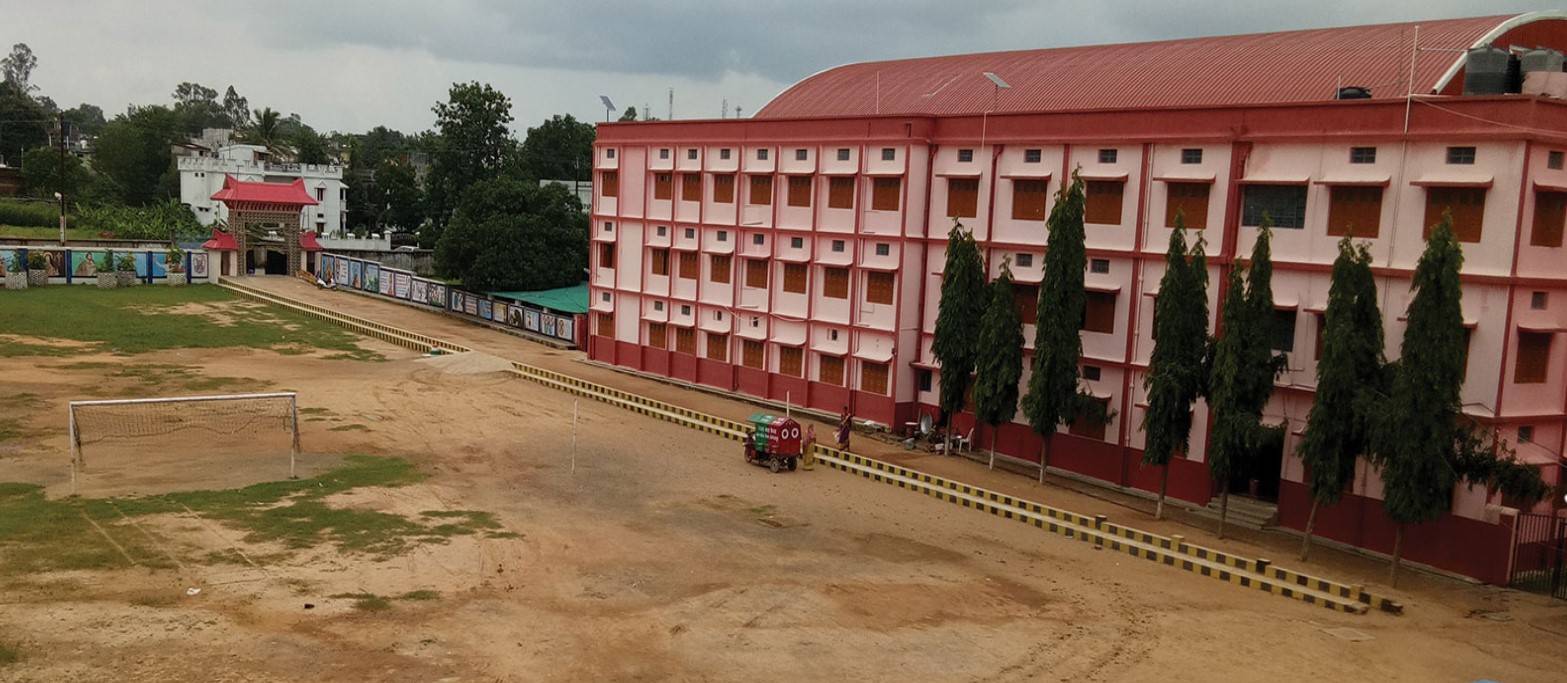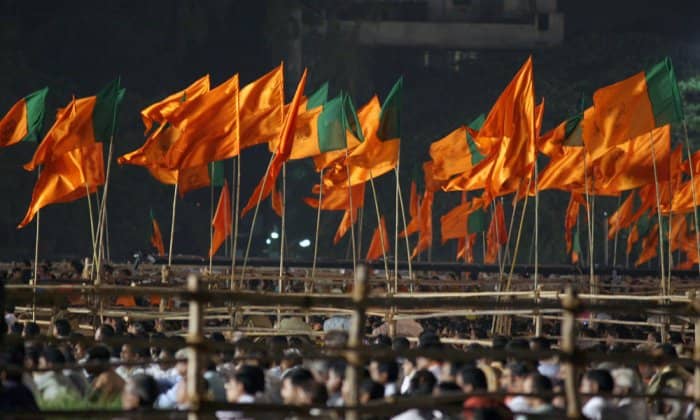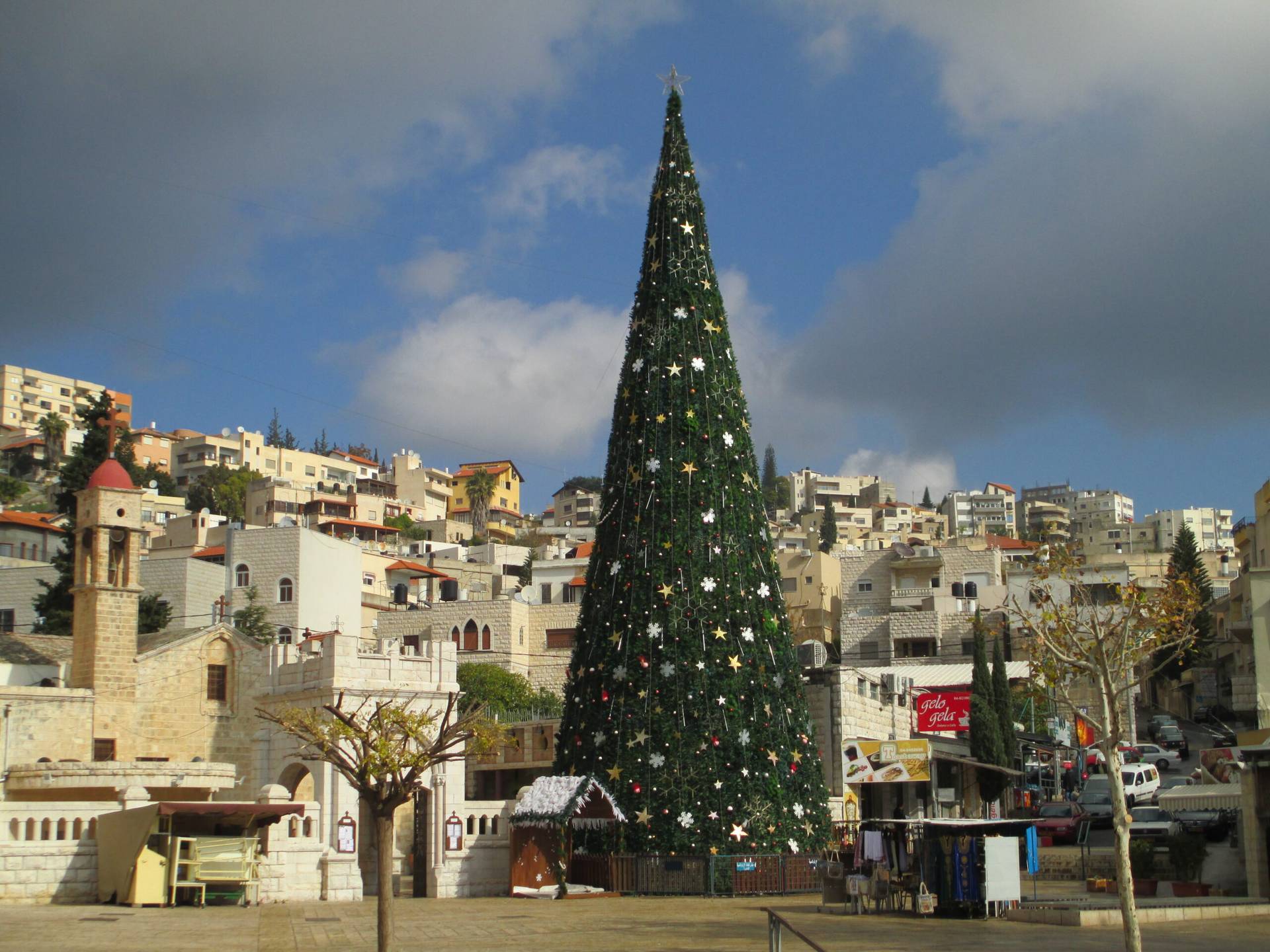MUMBAI, India – A Feb. 21-24 Vatican summit on clerical sexual abuse will emphasize the fact that “victims need to be heard,” says a member of pope’s main child protection organization.
“The steps taken by the Vatican in addressing the crisis is to recognize the truth of what has happened and therefore the presidents of the bishops’ conference are requested to meet abuse survivors in their home country ahead of the February summit in order to learn firsthand the suffering that they have endured,” said Indian Sister Arina Gonsalves, a member of the Pontifical Commission for the Protection of Minors.
The commission was established by Pope Francis in 2014 and is headed by Boston Cardinal Sean Patrick O’Malley. It has been asked by the pontiff to help organize next February’s meeting, which brings together the heads of the world’s bishops’ conferences to discuss the abuse crisis. Also invited are the heads of Vatican departments, members of religious orders and victims themselves.
Gonsalves spoke with Crux after a Dec. 18 letter from the organizing committee asked the conference presidents to prepare for the gathering by meeting with survivors to understand the gravity of the harm caused by sexual abuse.
RELATED: Organizers of February summit urge bishops to meet abuse survivors
“The letter issued by Vatican on Dec. 18 clearly states that the February summit will help bishops all over the world how to effect safeguarding locally and welcome those who are being abused in the church and therefore a questionnaire is sent to bishops prior to the summit as a tool for gathering information, voicing opinions ‘constructively and critically’; and help to get a full picture of the situation in each diocese of the universal church. This is a very constructive step,” Gonsalves said.
The four-person organizing committee announced last month includes Cardinal Blase Cupich of Chicago; Archbishop Charles Scicluna of Malta, adjunct secretary for the Vatican Congregation for the Doctrine of the Faith, who once served as the Vatican’s leading prosecutor on child abuse; Jesuit Father Hans Zollner, a member of the Pontifical Commission for the Protection of Minors and head of the Center for Child Protection at the Pontifical Gregorian University; and Cardinal Oswald Gracias of Mumbai, who also serves on Francis’s council of cardinal advisors.
Gracias told Crux the request for the conference presidents to meet with victims ahead of the meeting “was to sensitize ourselves … so that it should not be an academic discussion.”
“It is also important for us to learn the pain and anguish of the victims. It is essential that the victims must benefit from our meeting in February,” the cardinal said.
Gonsalves knows Gracias well, since she is a principal of a school in the Archdiocese of Bombay. She has also worked as a consulter to her archdiocese in cases of sexual abuse of minors.
RELATED: Abuse commission member says Indian cardinal offers ‘deep insights’
The nun told Crux one model which should be taken into consideration during the bishops’ meeting is the Survivor Advisory Panel (SAP) used by the National Catholic Safeguarding Commission of England and Wales.
The role of the SAP is to ensure that the National Catholic Safeguarding Commission in England and Wales receives appropriate and timely information and advice from the perspective of survivors, so it can inform safeguarding policies, procedures and practices.
Members of the SAP addressed the Vatican commission on safeguarding children in April, and according to a communiqué issued at the time, their contribution would be used “to develop effective ways to integrate the voice of survivors into the life and ministry of the Church.”
“The local SAP model is taken into consideration while addressing the global bishops. This process will help to dispel voices expressing that Vatican pledges in involving victims ‘can’t be trusted’ – which is very helpful in the present crisis,” Gonsalves told Crux.
“The thrust of the meeting is on three main areas: Responsibility, accountability and transparency as a means to respond to the grave challenge of sexual abuse as a unified global entity,” she said.
RELATED: Body behind February anti-abuse summit has uneven policy history
Although many church leaders around the world often view the clerical abuse crisis as a Western problem, the presence of Gracias and Gonsalves can help dispel that myth.
“The Non-Western bishops can share the best practices in the area of human formation, child safeguarding policies or child protection policy, and pathways of bringing healing to the survivors in their particular cultural context,” she said.
“I am confident this conference, if well planned, will have the desired effect. The universal church taking a united approach can help both the bishops to understand the situation and victims to feel heard,” added the nun.
















